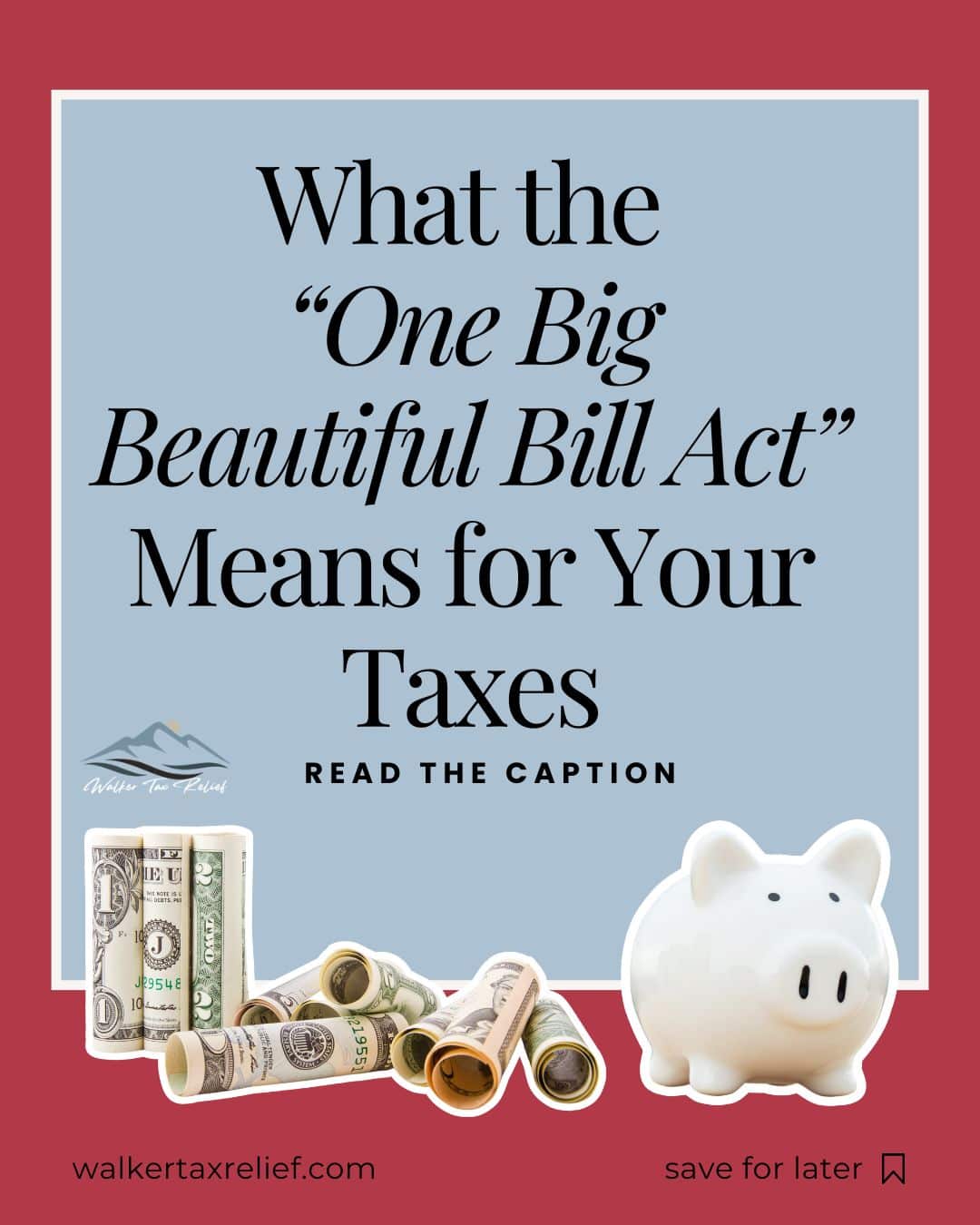On July 4, 2025, H.R. 1 – officially titled the “One Big Beautiful Bill Act” – was signed into law. This sweeping legislation makes permanent many of the provisions of the 2017 Tax Cuts and Jobs Act (TCJA), while introducing several new tax breaks aimed at workers, retirees, families, and small business owners.
For individual taxpayers, one of the most attention-grabbing changes is the temporary elimination of federal income tax on tips and overtime pay. Workers can exclude up to $25,000 in tips and $12,500 in overtime from their taxable income through 2028. Seniors also benefit from a new $6,000 deduction, in addition to the enhanced standard deduction, for those age 65 or older. (While generally referred to as “no tax on Social Security”, this deduction can be used to offset any income, regardless of whether one is receiving Social Security benefits.)
The standard deduction remains high – $15,750 for single filers and $31,500 for married couples filing jointly – and the Child Tax Credit rises modestly to $2,200 per child, indexed for inflation. Meanwhile, a new “above-the-line” charitable deduction of $1,000 (or $2,000 for joint filers) allows all taxpayers to get a tax break for donations, even without itemizing.
State and local tax (SALT) deductions also get a boost, albeit temporarily. The SALT cap rises to $40,000 through 2029, with a phasedown beginning for households with adjusted gross income above $500,000. While this won’t fully offset the tax burden for every homeowner in high-property tax areas, it’s a welcome improvement over the prior $10,000 cap.
The law makes the TCJA’s suspension of miscellaneous itemized deductions permanent. Taxpayers can no longer deduct unreimbursed employee expenses, attorney fees, tax prep fees, or investment expenses. For those who gamble, new limits mean you can only deduct losses up to 90% of winnings starting in 2026.
H.R. 1 also introduces “Trump Accounts” – tax-deferred savings vehicles for children under 18. Parents can contribute up to $5,000 annually, and can elect to receive a $1,000 federal deposit for children born between 2025 and 2029 to jumpstart savings for education, housing, or retirement.
Small businesses and pass-through entities also benefit. The 20% qualified business income (QBI) deduction is made permanent, with higher income phase-out thresholds. Businesses offering employee child care receive expanded credits, and certain previously expired deductions—like those for mortgage insurance and car loan interest—are revived.
In sum, H.R. 1 provides broad, mostly favorable tax relief for individuals and businesses, especially in higher-income, high-property-tax communities.
Now is the time to review your tax strategy to take full advantage of these changes—and prepare for what lies ahead.
Reach out if you need help! yourfriends@walkertaxrelief.com
6 Myths About Tax Professionals
At least 1 in 9 Americans are facing tax problems. This isn’t surprising when you realize the U.S. Tax Code and IRS...



